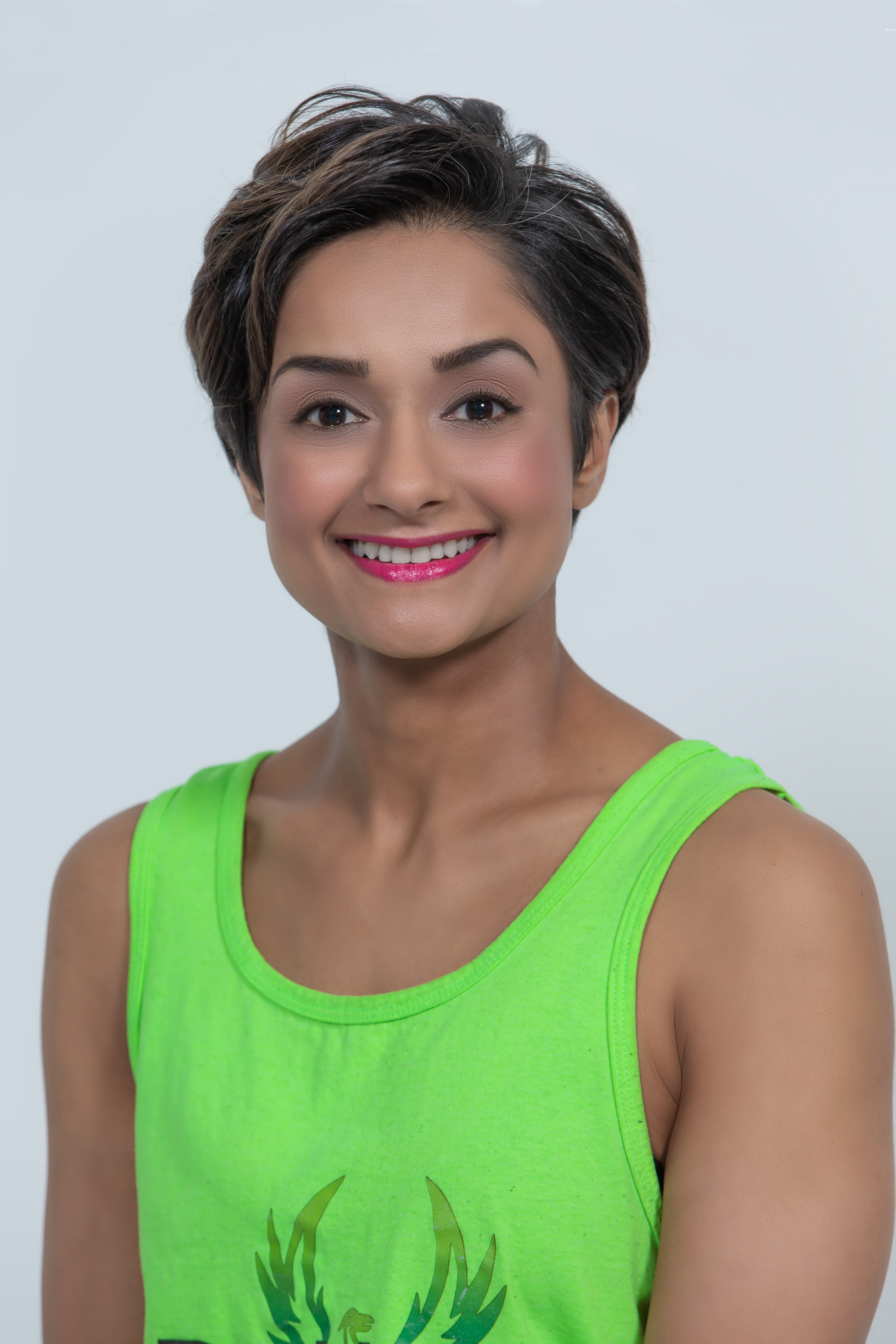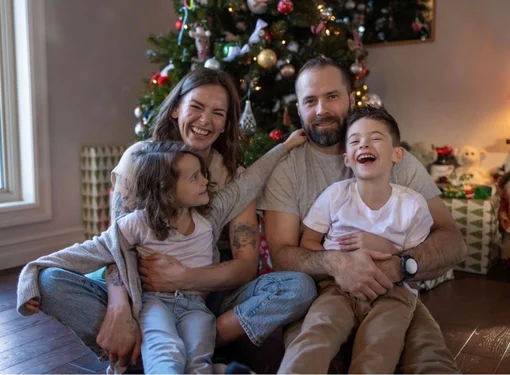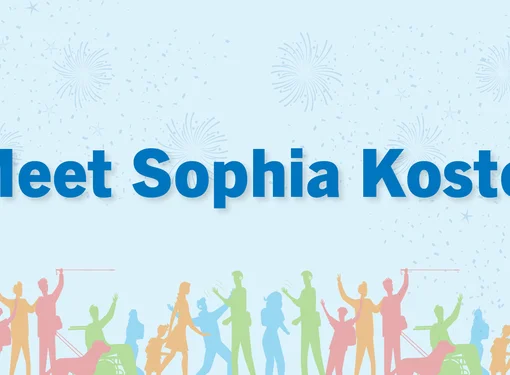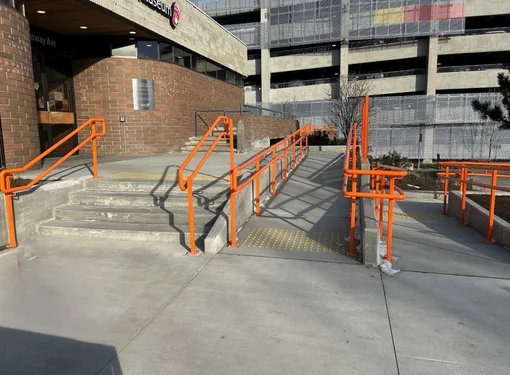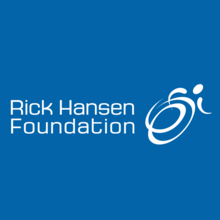Q&A with RHF Ambassador Benveet Gill on the intersection of disability and racial justice
RHF: We’re in this crazy moment in history where we’re grappling with a global pandemic, all while experiencing a reckoning with systemic racism. Racialized people with disabilities are profoundly affected by both of these things. What is it like to exist in both of those worlds right now?
Benveet Gill (BG): Being a woman of colour who also has a visible disability has been interesting to say the least. Being born in Edmonton with brown skin, I’ve faced racial discrimination throughout my life. It’s enabled me to grow a thick skin. In July 2012, I was paralyzed from the waist down and diagnosed with a non-traumatic spinal cord injury at T10/T11. I have what I call the trifecta of discrimination: a woman, with a visible disability, who is also a minority. But surprisingly, these three factors have worked to my benefit quite a few times. I was in a commercial recently, and with minorities in the spotlight right now, I have a bigger platform to share my story and talk about inclusion and accessibility.
There is still a lot of hatred online for people like me. I have had trolls contact me and try to belittle me because of the fact that I am of Indian descent and because I use a wheelchair. When it comes to police interactions, to be completely honest I have NEVER felt safe around a police officer. I get anxious, my heart rate increases and I am hyper-aware of my surroundings. I'm not a criminal, I haven't broken any laws so why do I feel this way? It’s because of my experience with the police. When I was 18, I was driving home at 2am and was hit by a drunk driver. I was physically fine. I called my dad, who wears a turban and has a long beard, and he arrived at the accident site just as the police showed up. The other driver was a Caucasian male who admitted to drinking, but the police officer didn't test him to see if he was over the limit. In fact, I was given a ticket, even though the other driver admitted to drinking! This experience opened my eyes.
Many people say "there's no racism in Canada, that it's an American problem." They’re wrong. Unfortunately, racism is alive and flourishing here in Alberta, and in Canada as a whole. I am not saying everyone is racist, but it's systemic. We are raised to have certain biases and prejudices against other minorities. We need to acknowledge these in order to get rid of them.
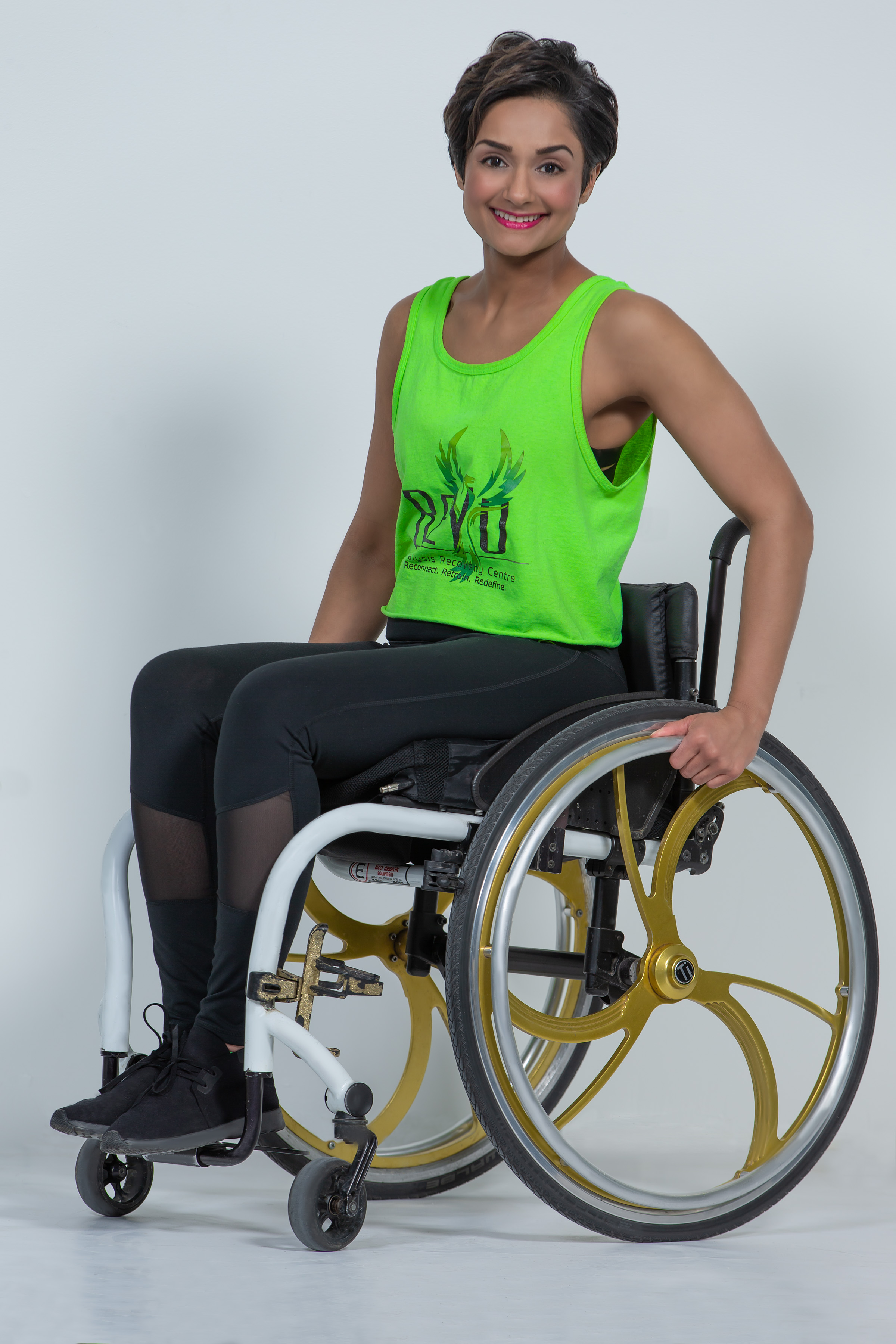
RHF: In the time that you’ve been a Rick Hansen Foundation Ambassador, have your conversations with students and the broader public given you a sense that they’re developing a deeper understanding of intersectionality and disability justice? Have you witnessed any light bulb moments?
BG: Absolutely! Getting the opportunity to speak to kids of all ages through the RHF Ambassador Program has been a wonderful experience, because I get to talk to them about what's going on in the world. I can relate it to my story — how each of them can be changemakers in their circles and cause ripple effects of goodness. When I ask students if they know anyone with a disability who uses a mobility aid a few hands go up, but when I ask if they know anyone with glasses almost all the hands shoot up and I explain that technically having glasses is a disability. This is often the "aha" moment I see. They see that even their own need to wear glasses makes us alike.
We have a women's SCI group chat on Instagram and a Zoom chat every week where we discuss varying topics. Quite a few of the women, who are from all over Alberta, had no idea they were being discriminated against because of their disability. These women are of Caucasian background and have never faced racism, so they don't know how to label discrimination. This opens the conversation and really shows people that racism is a problem all over the world, not just south of the border. For example, one woman had to make an appointment for a surgery. The facility told her they couldn’t book it because she would have to transfer onto a table, which is no problem for her, but the company still said no. If she was walking, she would've had an appointment booked with no questions asked. It was clear that the wheelchair/disability is the reason she is not welcome in their facility.
RHF: Has the Black Lives Matter movement helped to foster a deeper understanding of disability justice principles for those outside the disability community? How so?
BG: I think the BLM movement has opened up conversations. Minorities have a big voice right now, so we have to use it! People with disabilities are the largest minority in the world, so we need to use our voices to elicit real change with politicians and decision makers. I think the focus should remain on BLM, because there are too many cultures that discriminate against people with dark skin. As a woman with a disability and dark skin I can honestly say that no lives matter until Black lives matter.
A lot of people don't understand this movement and why it's so important. In my culture (and many others), the lighter your skin is, the prettier you are. The darker you are, the uglier you are. I was always told not to sit in the sun because "who is going to marry you if you're dark?" This is unacceptable. We need to embrace everyone, no matter what shade they are. Someone with dark skin is no less of a person than me or anyone else, but many cultures don't agree and it has large part to do with our ancestry, slavery and the media.
RHF: What’s your hope for this moment in history? How can social justice movements, and people who are trying to be better allies, do a better job of centering disability justice principles in their work?
BG: My hope for this moment in history is that the powers that be recognize the injustices faced by POC and persons with disabilities—and actually fix them. This is a turning point in society. For far too long, the people in charge have all looked exactly the same. It's time for diversity. It's time for minorities to go after big jobs, to put ourselves in the limelight and to show everyone how capable we really are. The spotlight is on police systems and governments to make long-lasting change.
The able-bodied world needs to stand alongside us and rally for us. How do you do that? By simply changing your daily habits. Make friends with someone with a disability, get to know them and their story. So many people are surprised at how "normal" we are. What people don't realize is that one wrong step, one fall, one car accident can get you an admission into the best club you never wanted to be a part of. When we are seen as people and as equals, that's when real justice and change will happen.
Bean Gill is an RHF Ambassador. Learn more about Ambassadors and book someone to speak with your school or community about disability, accessibility and inclusion. All RHF Ambassador programs for the 2020/21 school year will be provided virtually.
